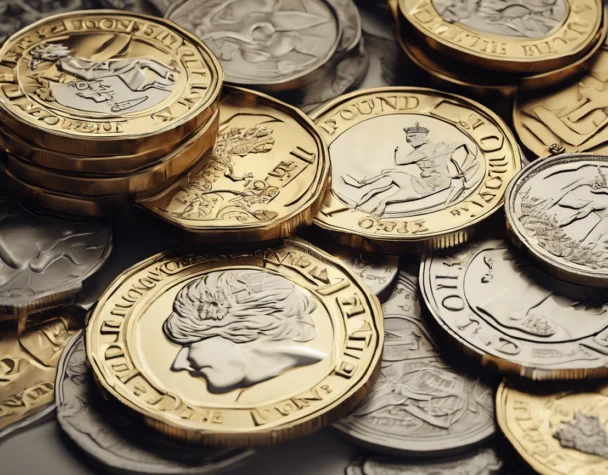
Will the GBP Continue Its Slide Against the Dollar?
Thu, March 06, 2025As the British pound (GBP) continues to face a relentless downtrend against the U.S. dollar (USD), market spectators and economists are intently analyzing the underlying causes and pondering the future trajectory of this currency pair. The GBP has seen a significant depreciation, sparking debates and concerns among investors and policymakers alike. This article delves into the ongoing plunge of the GBP and examines the factors reinforcing the dollar’s dominance, offering insights into potential future movements.
GBP’s Persistent Plunge: What’s Next?
The British pound has been on a noticeable decline, particularly marked by unsettling fluctuations in the UK’s political landscape and economic uncertainties. Factors such as Brexit aftermath, internal political instability, and inconsistent economic recovery post-COVID-19 have severely impacted investor confidence in the GBP. As these elements intertwine, the outlook for the pound appears increasingly bleak, with speculators and long-term investors alike reevaluating their positions.
Moreover, the Bank of England’s recent approach towards monetary policy has also played a critical role in the pound’s performance. Despite attempts to stabilize the economy through interest rate adjustments, inflationary pressures and global economic headwinds have complicated these efforts. The central bank’s future decisions will be crucial in determining the pound’s direction, but current indicators suggest a continued cautious stance, possibly leading to further depreciation against a stronger dollar.
Lastly, the UK’s economic indicators have not been promising. With rising unemployment rates, sluggish growth in consumer spending, and ongoing trade tensions, the economic outlook is grim. These factors not only dampen the domestic economic sentiment but also affect how international markets view the pound’s value. Unless there is a significant shift in economic policies or an unexpected upturn in economic data, the GBP might continue its downward trajectory.
Analyzing the Dollar’s Dominance Over GBP
The U.S. dollar, conversely, has maintained a robust position, buoyed by the United States’ relatively stronger economic recovery and the Federal Reserve’s aggressive policy maneuvers. As the global reserve currency, the USD enjoys inherent advantages, such as increased demand for dollar-denominated assets during times of global uncertainty. This demand enhances the dollar’s value, often at the expense of other currencies like the GBP.
Additionally, the Federal Reserve’s hawkish stance on inflation and its signaling for potential rate hikes have instilled confidence in investors about the health of the American economy. This confidence contrasts starkly with the sentiment towards the UK’s economy, further driving the GBP/USD pair in favor of the dollar. As long as the U.S. economy continues to demonstrate resilience and growth, the dollar is likely to maintain its upward pressure against the pound.
Furthermore, geopolitical tensions and global crises often result in a ‘flight to safety’ phenomenon, where investors flock to the stability of the dollar. Recent events, including geopolitical uncertainties and economic sanctions, have seen investors turning to the USD as a safe haven. This trend is likely to persist, especially if global instability continues, thus exerting additional downward pressure on the GBP.
The persistent plunge of the GBP against the USD paints a concerning picture for the UK’s financial outlook. While the dollar’s strength is bolstered by a combination of economic strategies and global demand for safety, the pound struggles under the weight of domestic uncertainties and a challenging global environment. Moving forward, the GBP may face further declines unless significant positive shifts occur in the UK’s economic landscape or monetary policy approach. Investors and policymakers must keep a vigilant eye on upcoming economic data and geopolitical developments that could influence this currency pair’s dynamics profoundly.

